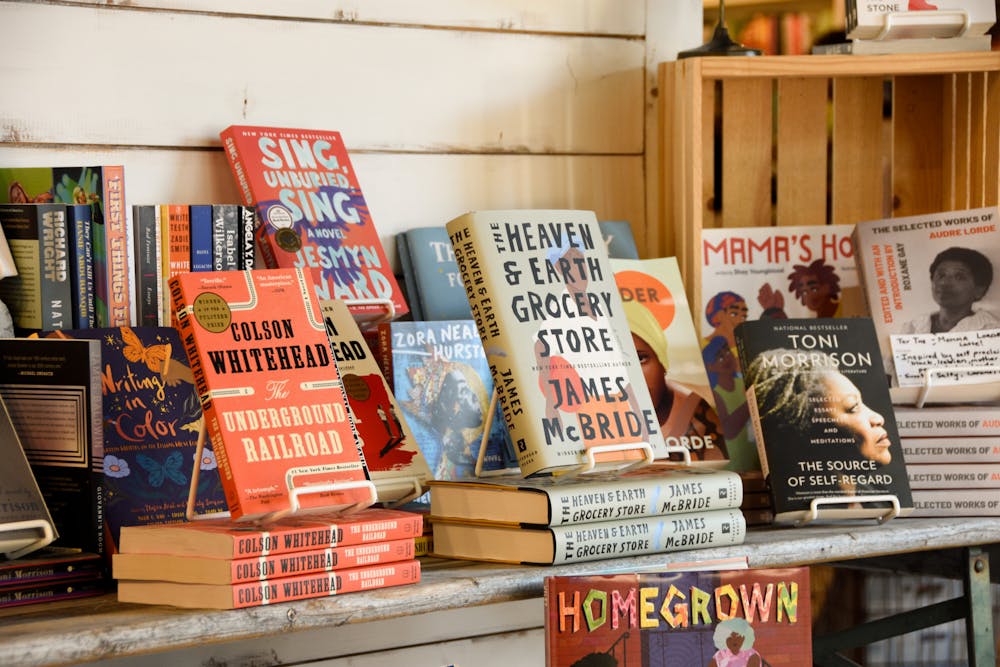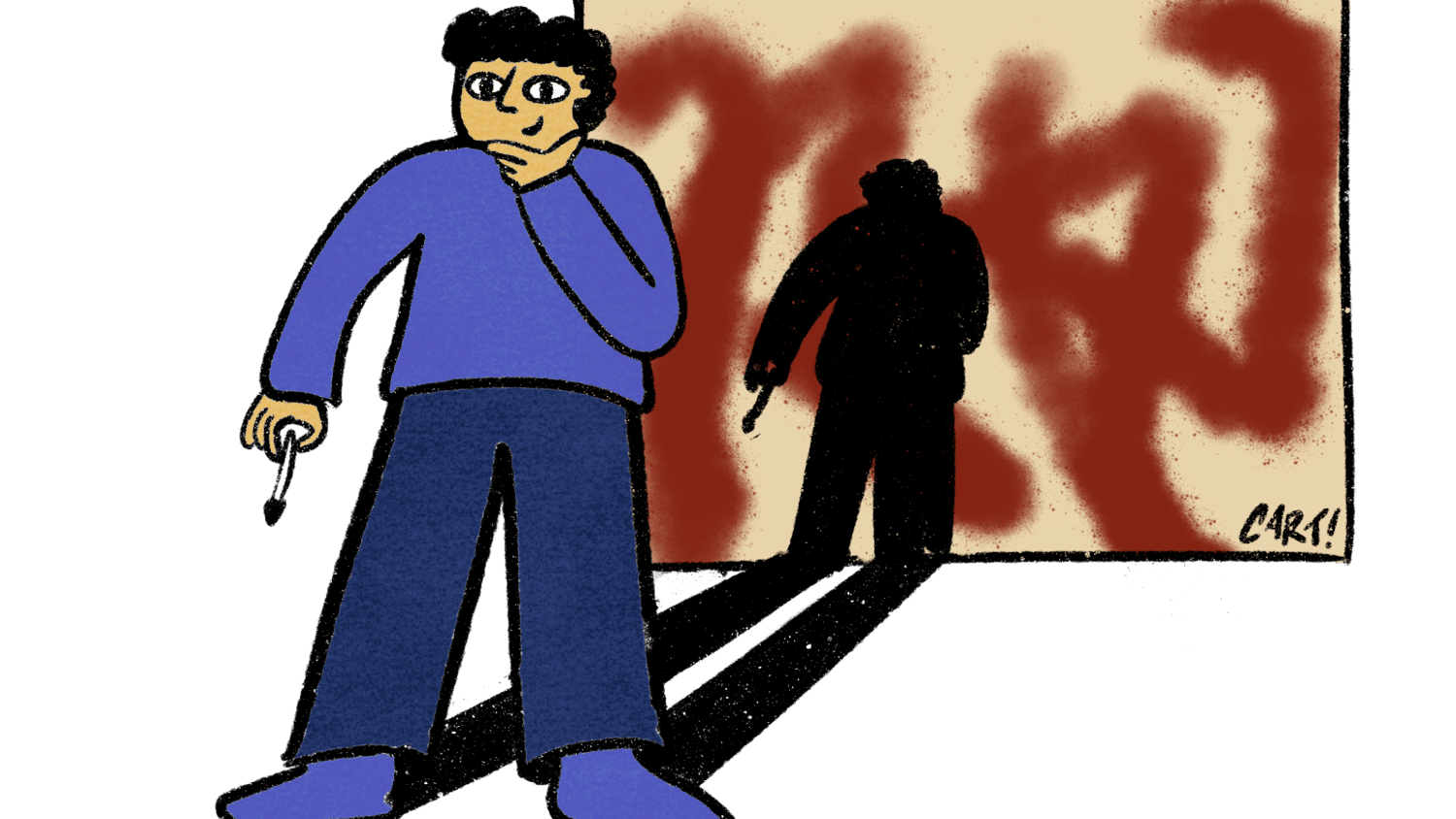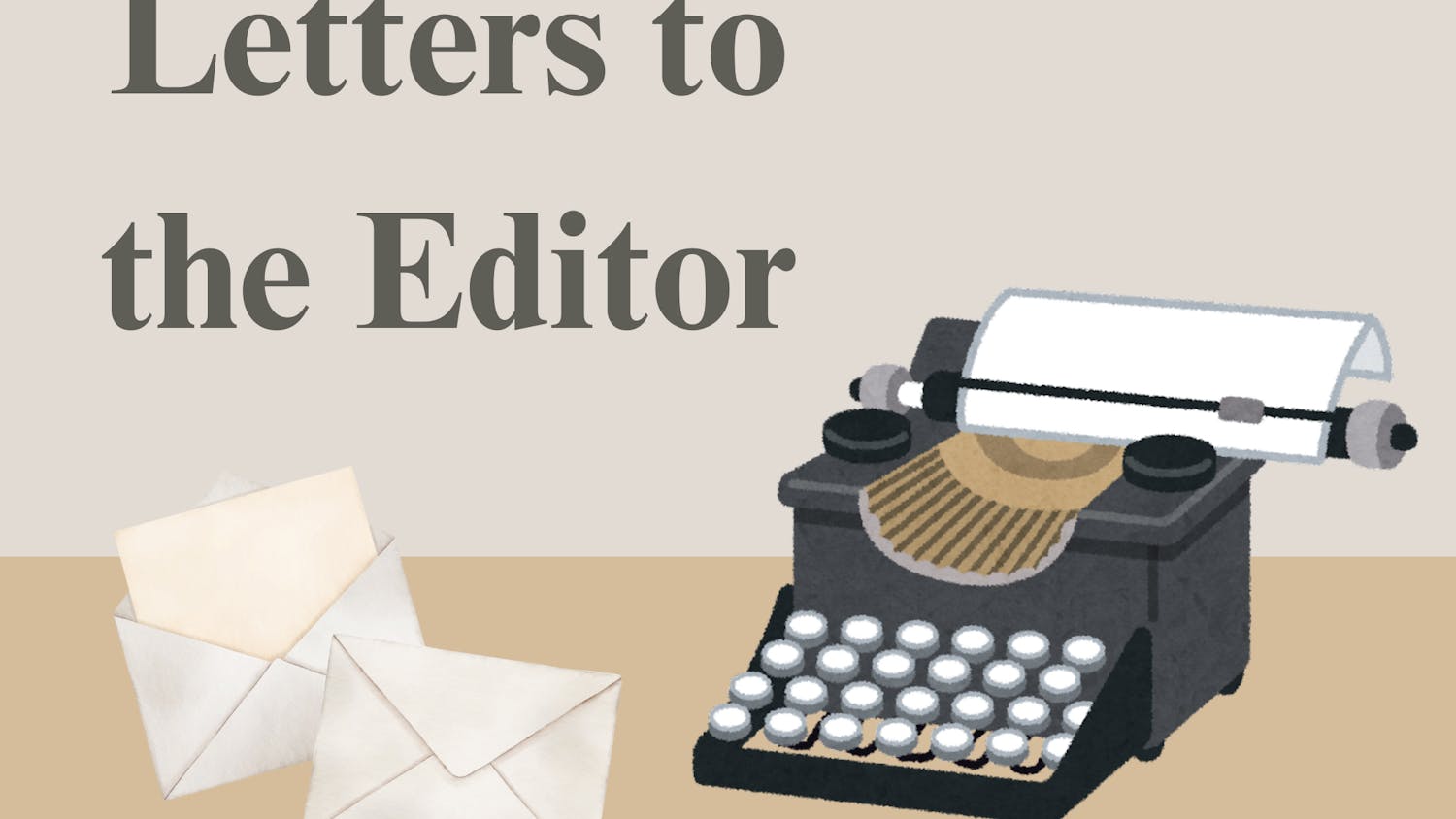For the Plainsman:
This past year, there has been a lot of uncertainty around diversity and inclusion in the classroom (see Kay Ivey’s bill). Auburn University has had to manage, but truly, this bill impacts secondary education the most.
In America, there is already a significant lack of LGBTQ+ literature in public schools, not just in Alabama. When a sample was polled, only 30% of public high schools reported having at least one book written by an LGBTQ+ author on their classroom syllabus. In reality, this stat is probably lower, with many teachers afraid of angry administration and parents. For Auburn students in English education, there is much to fear. Perhaps it’s not worth meddling with.
Not meddling, however, doesn’t mean this problem will go away. In fact, it will grow — among students, among other faculty, among the country. Students are wising up to the curriculum. Why so many white guys from 100 years ago? Where are the women? The people of color? And queer authors?
They will ask questions. And don’t we expect them to? Don’t we have English class to explore the concepts that concern humanity, that make us confused? Don’t we want our students to wrestle with hard things and grow because of it?
According to the Alabama Course of Study for English Language Arts, the standards should “encourage a broad view of literacy that promotes knowledge-building across categories and subjects.” To this, I’d ask: how can we encourage students to think without giving them a diverse portfolio of things to think about? How can we promote “knowledge-building across categories and subjects” if we only give them a portfolio of one experience of living?
Here’s what’s at stake: we teach students to question only within boundaries we give them. Many of you did not encounter queer literature in secondary school, perhaps even in college. Consequently, many of you are wondering why I’m raising this issue. Is there really that much to look at?
The answer is YES, there is plenty of literature by or about queer experiences, whatever they may be. The misconception that queer literature is relatively new is false — you’ve just never been shown queer texts at school. You’ve never been allowed to think otherwise, that although straight white men were writing across time, everyone else was, too. Take Sappho, or Homer’s "The Iliad," or the Middle Ages’ 12th century Irish stories, or Alain Locke in the Harlem Renaissance. Just because you haven’t read them doesn’t mean they do not exist. Human beings have been engaging with queer experiences for millennia — it’s the rest of humanity that has tried to erase them.
Secondly, we teach students that white voices, primarily male, are the only ones worth listening to. Think of the student body when you were in high school. Even if it was primarily white, certainly you had classmates who were of different race and sexual orientation, whether you knew it or not. One reader of this Op-Ed is thinking, eh, I don’t think we really need to incorporate queer literature in secondary schools. Another reader is thinking, yes, finally, I would have loved this when I was struggling with my sexuality in high school.
We also teach students to keep sexuality to themselves. No one should ever feel forced to discuss their sexuality or gender orientation, but most public schools do not even have organizations in place that acknowledge the existence LGBTQ+ individuals. In the 2021 National School Climate Survey, 65.2% of public schools reported lacking a Gay Straight Alliance organization. Kosciw et al. writes of their study, “Learning about LGBTQ+ historical events and positive role models may enhance LGBTQ+ students’ engagement in their schools and provide valuable information about the LGBTQ+ community.”
So what can Auburn do? This article has focused on secondary education, but there is plenty this public university could be doing for equity. Notably, professors in humanities and social sciences can consider incorporating queer texts into their curriculum. Students can approach such texts with a willingness to engage in topics that challenge them. Isn’t this what learning is? Discovering you don’t know everything?
Do you like this story? The Plainsman doesn't accept money from tuition or student fees, and we don't charge a subscription fee. But you can donate to support The Plainsman.





